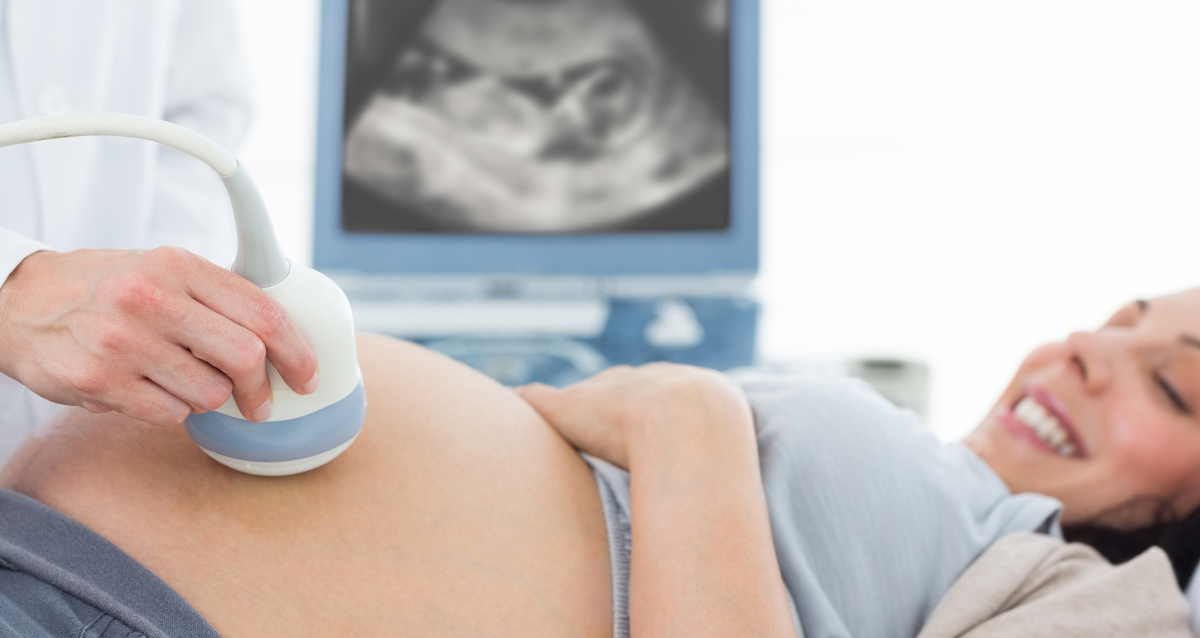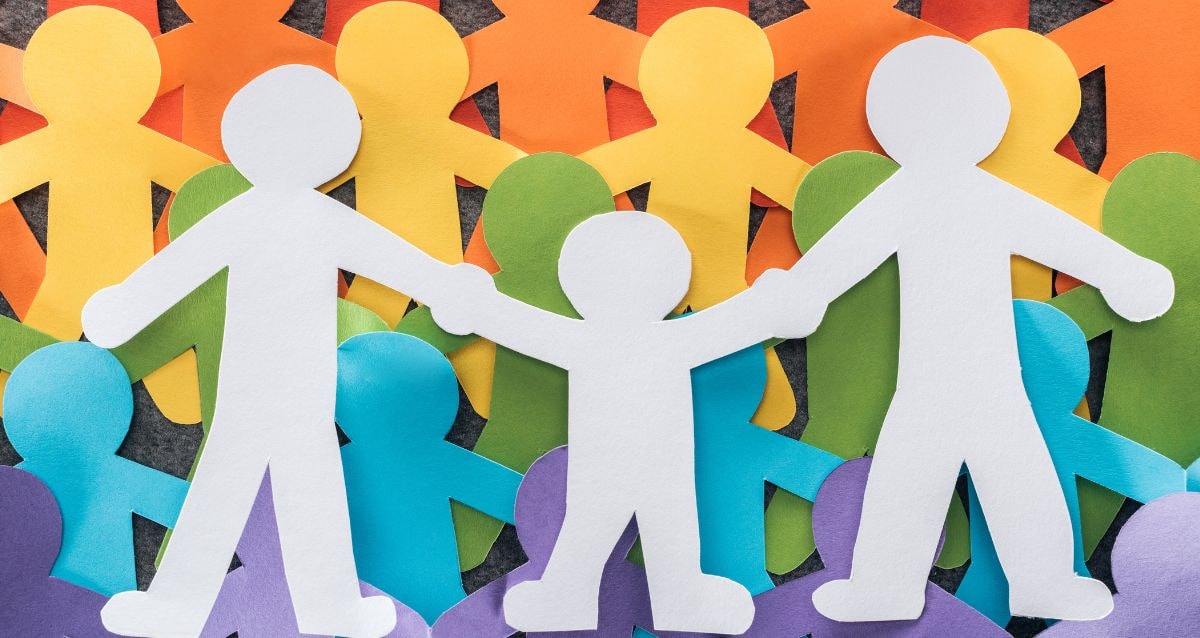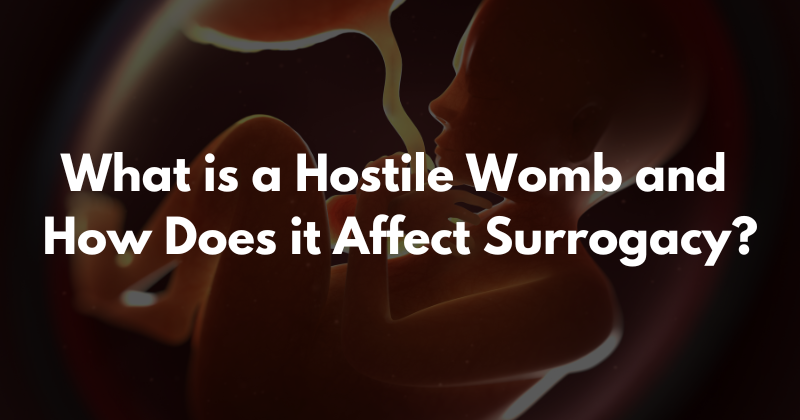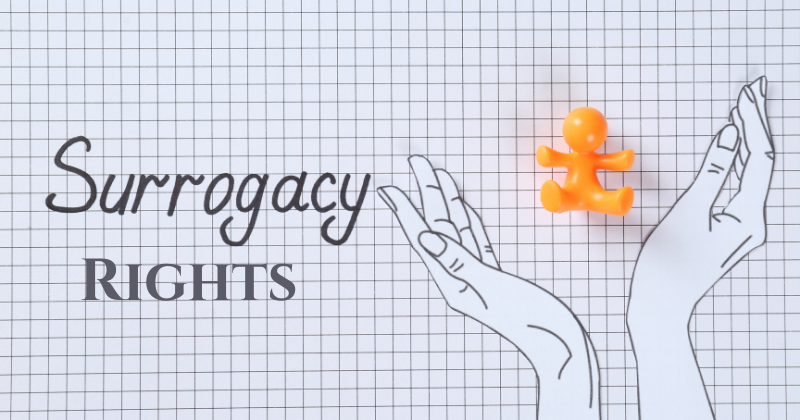Published on the 2nd March 2022 and updated on the 5th of May 2025.
For over 10 years at Creative Love, I have had the opportunity to work with hundreds of gestational carriers. I’ve met them in the beginning when they’re full of questions. I’ve walked them through the process. I’ve taken calls late at night, and on the weekends when they needed me, and I’ve done it all with a sense of pride and joy. Because I know that together, we are giving some lucky couple a chance at a family. And there is no greater feeling.
One of the questions we get asked the most is: How many times can I be a surrogate mother?
The answer is just as simple as it is complex because there are so many factors that must be considered. In the blog below, we answer this important question and guide you on deciding how many surrogacy journeys are right for you.
The Answer:
Technically, there is no limit to how many times you can be a surrogate. However, surrogacy agencies and clinics will set their own limit and have guidelines in place for safety. These will vary based on the agency. Medical experts typically advise that surrogacy candidates should have carried no more than five pregnancies previously to qualify for a surrogacy program. [source]
The Essence of Surrogacy
To understand why the question, “How many times can I be a surrogate mother?”, comes up so much in our practice. It’s important to understand what surrogacy is.
In its simplest form, surrogacy means that a gestational carrier carries and delivers a baby for someone else. We often refer to the couple or individual as the intended parents.
There are two forms of surrogacy.
- Traditional surrogacy:
- With traditional surrogacy, the surrogacy professional’s egg is artificially inseminated with the intended father’s sperm or donor sperm.
- In this case, the baby is genetically related to the surrogate since the surrogate’s egg was used.
- There are possible legal issues and risks associated with this method. Legal documents will need to be drafted, and a legal contract should be in place. [source]
- Gestational surrogacy:
- With gestational surrogacy, the surrogate goes through in vitro fertilization (IVF) to implant an embryo.
- In this case, the egg could be from the intended mother or an egg donor.
- The sperm used may also be from the intended father or a sperm donor.
There are several reasons why many individuals, couples, and intended parents are turning to surrogacy. This includes:
- Infertility.
- Medical conditions that make surrogate pregnancy impossible or too dangerous.
- Same-sex couples who cannot biologically carry or conceive a child.
- A single person who wants a child but can’t carry one themselves.
Surrogacy is truly a gift of love. And it’s the most incredible thing you can give to intended parents. We have had so many gestational surrogates tell us that being able to give an individual or couple the opportunity to grow their family is the most rewarding feeling.
It is no wonder that after this experience, so many of our surrogate mothers ask if they can do it again. This brings us back to the questions at hand. How many times can you be a surrogate?
What The Laws and Guidelines Say
Technically, there are no laws that state that there is a certain number of times you can be a surrogate. [source]
In saying this, specific guidelines have been put in place to ensure minimal risk to the gestational surrogate or the baby.
These elements must be considered during the screening process by the surrogacy agency.
The American Society for Reproductive Medicine has suggested the following screening qualifications and basic requirements:
- Gestational surrogates should have had no more than five previous pregnancies total (including at least one child of their own).
- A surrogate mother should not have more than five vaginal births.
- A gestational carrier should have no more than three c-sections.
- It is recommended that there be a minimum of six months waiting time before another pregnancy. [source]
Our Creative Love Surrogacy Guidelines
At Creative Love, we follow the above guidelines and gestational carrier qualifications. However, we also consider other factors that go far beyond the number of pregnancies a woman has had.
Why? Well, for us, the health of the surrogate mother and baby comes first and foremost. This is why we consider the following surrogate requirements:
Why a Surrogate Mother’s Health Comes First
- A pregnancy takes a serious toll on a woman’s body, especially if you have had multiple pregnancies. [source]
- It is so important to ensure that the surrogate is healthy and her body is capable of successfully carrying a baby.
- This means that certain medical requirements need to be checked off the list.
- The intended surrogate needs to be physically healthy, be at a healthy weight, and go through a screening process to ensure a healthy pregnancy.
- We want to make sure that the whole process is safe and no one, suoorgate or baby, is put at risk.
Emotional Considerations: It’s Not Just Physical
- Surrogacy is an emotional journey. It’s more than just an embryo transfer, it’s the start of something incredible.
- The process is rewarding but can be emotionally overwhelming, especially after multiple pregnancies. [source]
- Surrogate mothers need strong emotional support during and after the pregnancy.
- Over and above this, they will need psychological screenings to ensure they meet the psychological qualifications to become a surrogate.
How Age Plays a Role in a Successful Surrogacy Experience
- Age plays a huge role in a successful surrogacy journey.
- It is suggested that surrogates be between the ages of 21 and 40 years old.
- As women get older, the risks of pregnancy go up.
- These risks include gestational diabetes, pre-eclampsia, and pre-term labor.
- Fertility naturally declines with age, which can affect eggs and the reproductive system.
- Younger women (under 40) generally have lower-risk pregnancies and faster recovery after childbirth.
Finding Your Balance: Deciding How Many Surrogacy Journeys Are Right for You
As a surrogate mother, no one can tell you how many times is too many times to go through the surrogacy process.
It is up to you, how your body feels, and your mental health.
The health and safety of you and the baby are a top priority, and the surrogacy journey should carry minimal risk. The end result is for the intended parents to get a beautiful gift. Signing a surrogacy contract is the start of that journey.
This is why it’s so important to look at all the factors above and ask yourself the following questions:
✔️How did my body handle my previous pregnancies? (Was recovery smooth? Were there complications like high blood pressure, preterm labor, or C-sections after I had given birth?)
✔️Am I physically healthy enough for another healthy pregnancy? (How do I honestly feel about another 9 months of carrying a baby? Did I have an uncomplicated pregnancy?)
✔️Have I fully healed from my last delivery, both emotionally and physically? (Doctors often recommend waiting at least 6–12 months between pregnancies.)
✔️Have I talked openly with my medical team about the risks of many pregnancies?
✔️How did I feel emotionally during and after my previous surrogacies? (Was it joyful, stressful, bittersweet, exhausting?)
✔️Am I prepared for the emotional highs and lows of pregnancy again? (Hormonal changes, attachment, physical discomfort, and eventual separation.)
✔️Do I feel called to help another family, or am I feeling pressure from money or other factors? (Motivation matters.)
✔️Am I mentally and emotionally ready for the possibility of complications or challenges?
✔️How would another surrogacy fit into my own family life right now? (Partner, children, work, personal goals, will they be affected? What will everyday life look like?)
✔️Do I have a strong support system for pregnancy, recovery, and emotional support?
✔️Am I at peace with how surrogacy fits into my personal journey and legacy?
✔️Am I doing this because it feels right, or am I ignoring little warning signs from my body, heart, or mind?
✔️If this pregnancy became complicated, would I still feel at peace with my choice?
✔️If this had to be my last surrogacy journey, would I feel fulfilled, or would I regret pushing for “one more”?
By answering these questions, you will know whether you are ready for another surrogacy journey.
Summary
Bringing a baby into the world for the intended parents is truly a life-changing gift.
Many surrogate mothers have found this experience so rewarding that they want to do it again.
Surrogacy is such a meaningful commitment, but there are surrogate qualifications that need to be met. This is why it is so important to follow the recommended surrogate requirements. These are in place to ensure a healthy pregnancy.
Beyond the guidelines, it’s essential for surrogate mothers to check in with themselves. They need to be physically, emotionally, and mentally ready to go through the surrogacy process again.
If you want to become a gestational surrogate or want to start a new surrogacy journey, please connect with us. Creative Love Egg Donor and Surrogacy Agency is a full-service surrogacy agency. We would love to guide you, answer your questions, and support you every step of the way!
Contact us today to learn more about how you can help make a family’s dream come true!
FAQ
Why is there a limit on how many times I can become a surrogate?
The guidelines exist to keep surrogate mothers’ health a top priority. It also ensures a successful pregnancy without risks or complications. This, however, can be decided on a case-by-case basis.
Can I become a surrogate if I’ve already had multiple pregnancies?
Yes, as long as your previous pregnancies were healthy and without complications. To be a surrogate candidate, you must meet specific medical and emotional criteria. Remember, you need to be in a surrogacy-friendly state to be part of a surrogacy program.
What should I consider before deciding how many times I want to be a surrogate?
It’s important to consider your physical health, emotional, and mental well-being. You also need a strong support system. You will need to have a medical exam and psychological screening, where you will go over your medical records and medical history. It’s also recommended to talk to a mental health professional.
How do I know if I’m physically and emotionally ready to become a surrogate?
Start by assessing your health and mental well-being. Talk to medical professionals and a mental health practitioner about the surrogate requirements and to guide you on the process of compensated surrogacy. You need to know what to expect moving forward with your surrogacy journey.
What happens if gestational diabetes develops during my surrogate pregnancy?
If gestational diabetes develops, your medical team will work closely with you to manage it through diet, exercise, and potentially medication. Regular monitoring will ensure both your health and the baby’s development remain on track. This condition is typically temporary and resolves after delivery, but proper management is essential.
How do intended parents participate in the surrogacy journey?
Intended parents are involved throughout the surrogacy process. From selecting a surrogate to attending key appointments and the embryo transfer procedure, they can be as engaged as mutually agreed upon. Many surrogacy arrangements include regular updates, video calls during ultrasounds, and other forms of communication to keep intended parents connected to the pregnancy journey.
What is the embryo transfer process like, and how should I prepare?
The embryo transfer is a relatively quick outpatient procedure that doesn’t require anesthesia. Prior to transfer, you’ll follow a medication protocol to prepare your uterus. During the procedure, the embryo is placed in your uterus using a thin catheter. You’ll typically rest briefly afterward before returning home. The medical team will provide specific instructions regarding activity levels and medications following the transfer to maximize chances of successful implantation.
Who do I contact if I want to become a surrogate?
Creative Love Egg Donor and Surrogacy Agency is a surrogacy agency. The practice is based in Florida which is a surrogacy friendly state. Our team will be able to tell you if you qualify to become a surrogate by taking you through how to become a first-time surrogate, the various surrogate requirements, and our surrogacy program.
Wendy Arker entered the field of infertility with a huge heart and passion to guild others on their quest to grow their own family after her personal journey with infertility and turning to egg donation and sperm donation to create her own family. Being a single-mother-by-choice, Wendy understands firsthand the unique way families are built. Whether you’re a married couple, single, or LBGTQ, Creative Love is committed to assisting you.


























